Looking Back At Jay Leno And Conan O’Brien’s Late Night Feud
Hosting a late-night talk show is seen as a prestigious honor for any comedian, and as such, there’s no shortage of palace intrigue when it comes time for a network to select a new host.
While there had been late show drama in the past, it paled in comparison to the conflict that erupted between Jay Leno, Conan O’Brien, and NBC in 2010. Leno stepped down to give O’Brien an opportunity — but then changed his mind and re-entered the fray only months later.
Leno had hosted NBC’s Tonight Show since the early ’90s.
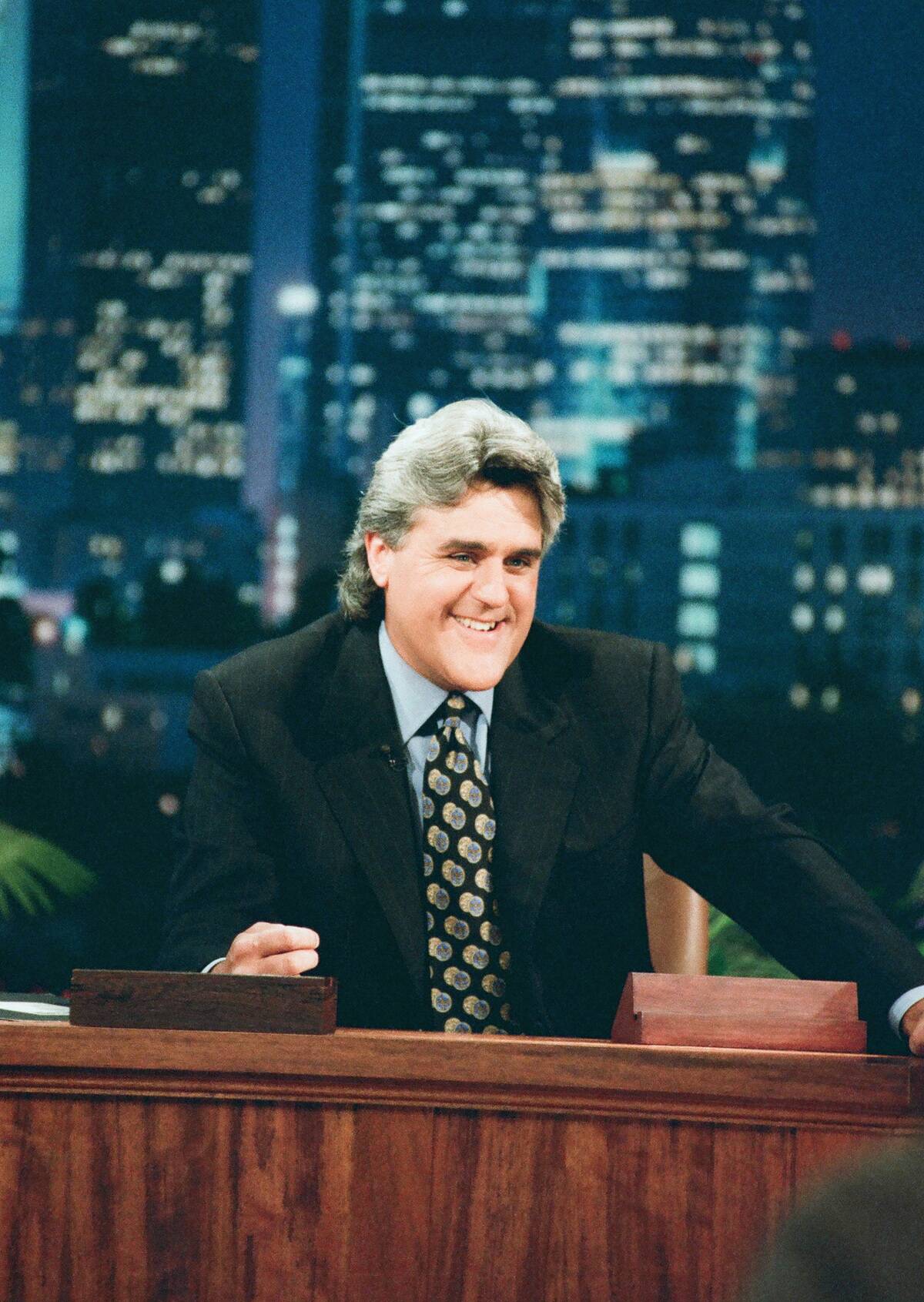
Jay Leno succeeded the legendary Johnny Carson for this sought-after late night gig after Carson’s retirement. This came with its own drama, as David Letterman had been seen as a favorite to take over from Carson.
Leno’s alleged backroom dealings, along with being seen as a less abrasive personality than Letterman, eventually secured him the permanent gig hosting the Tonight Show.
The early ’90s drama involved O’Brien.
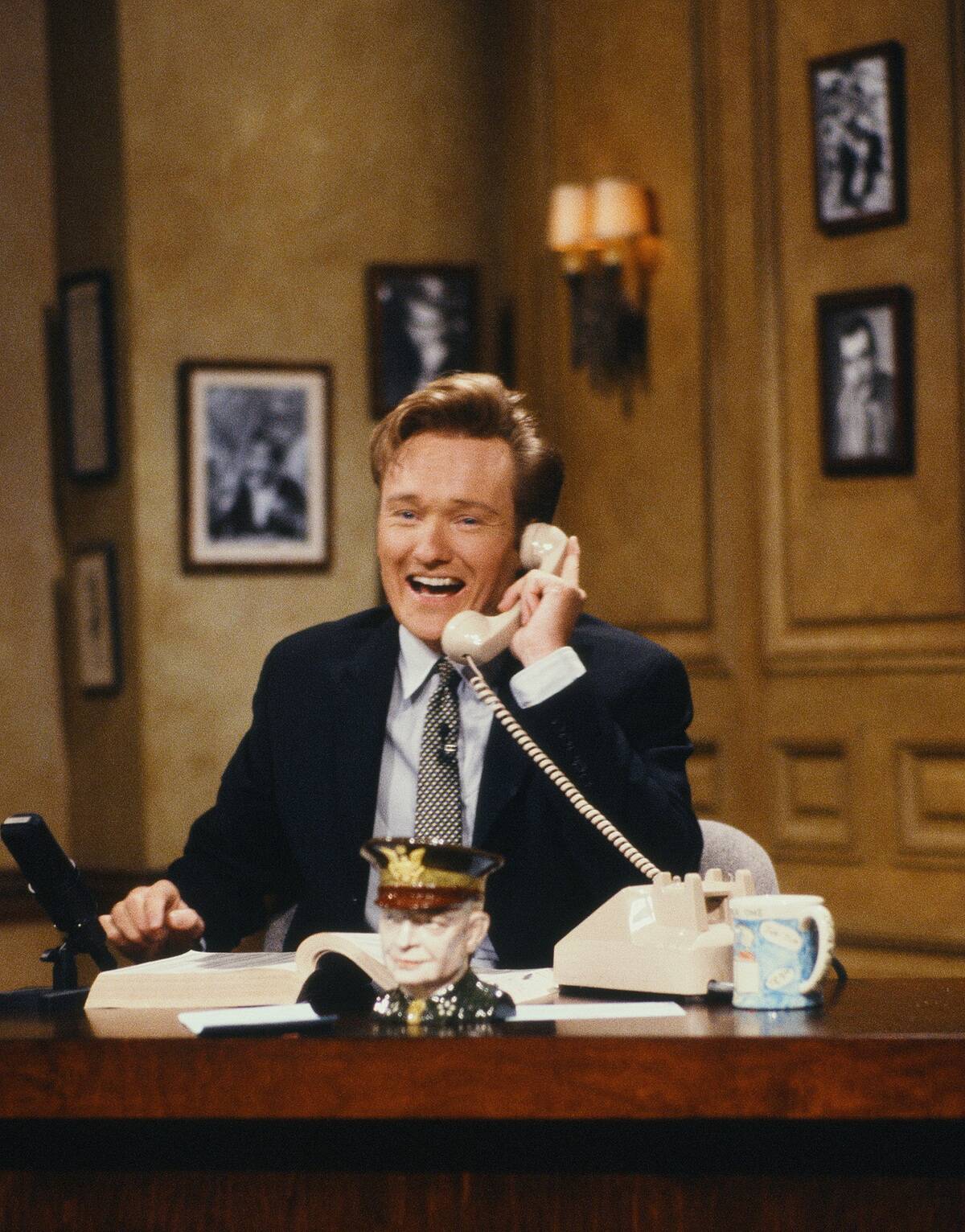
O’Brien, who was a largely unknown TV writer at the time, emerged from this conflict with his own late-night show. While he wasn’t part of the tug of war that erupted between Leno and Letterman, O’Brien was selected to take over hosting duties for NBC’s Late Night show, which aired after the Tonight Show.
Letterman, the previous host of Late Night, jumped over to CBS to host his own show that would compete directly against Leno’s Tonight Show in the coveted 11:35 PM Eastern timeslot.
By the early 2000s, it was time for a change.

Leno and Letterman were seen as the kings of late night TV and had been competing against each other for more than a decade by the early 2000s. Letterman’s show beat Leno’s in the ratings in the early years before this dynamic switched.
Even though Leno was pulling in strong numbers, NBC had an eye to the future. Seeing O’Brien as the heir apparent and not wanting to lose him to a rival network, NBC executives pitched the idea to both Leno and O’Brien in 2004 that Leno would host for five more years, then pass the torch to O’Brien in 2009.
Publicly, Leno was on board.
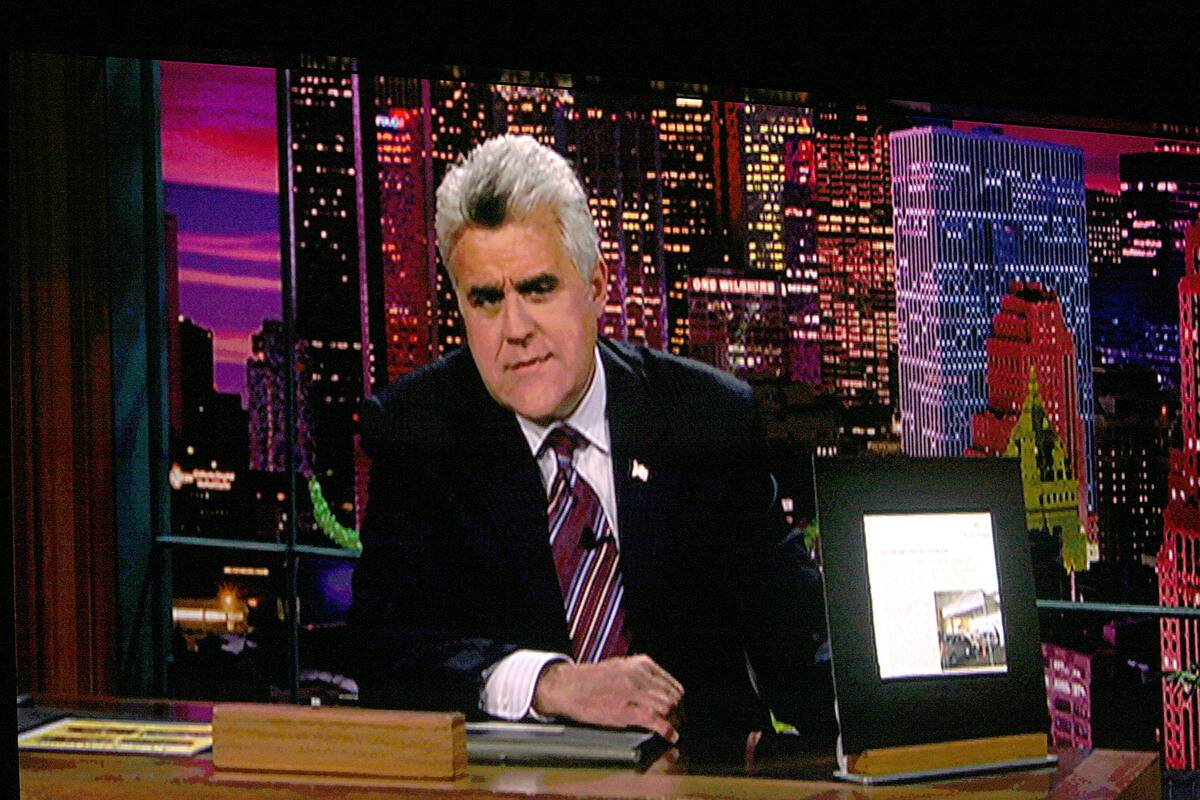
After the agreement was made, Leno made it public in September of 2004, announcing on his show that O’Brien would take over in five years, likening the hosting gig to a dynasty in which he was happy to pass the torch.
“I don’t want to see all the fighting and all the ‘Who’s better?’ and nasty things back and forth in the press,” Leno told his audience. “So right now, here it is: Conan, it’s yours. See you in five years, buddy!”
Privately, Leno was heartbroken.
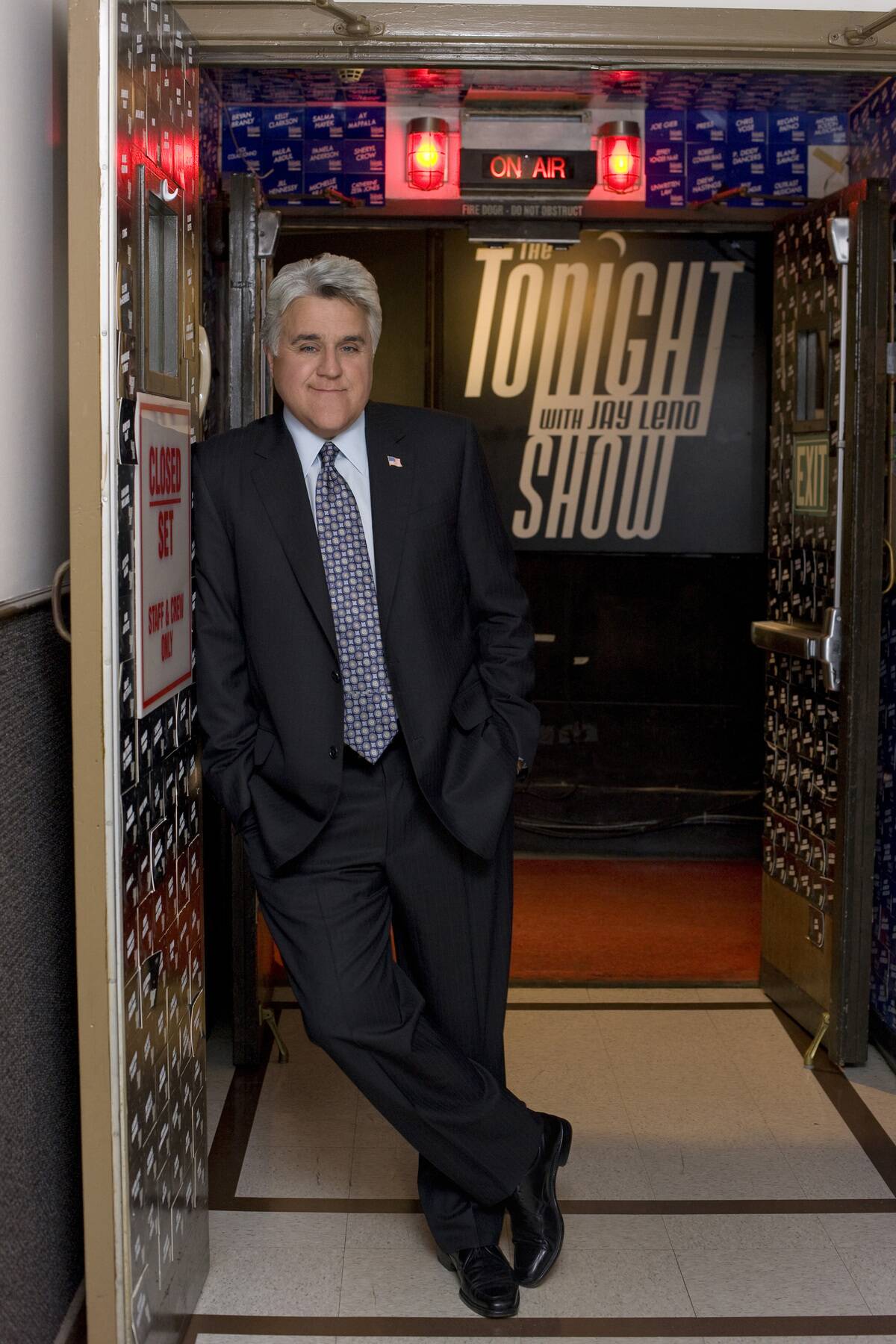
From Leno’s perspective, the decision was devastating. After all, he’d been putting up good numbers, and didn’t see the wisdom in having his network tell him that he’d be essentially fired in five years. He compared the situation to a breakup.
During this five-year transitional period, Leno fielded offers not just from rival networks, but also from NBC executives who pondered a way to keep both Leno and O’Brien with the network.
Ultimately, both hosts got a show.

In 2009, The Tonight Show with Conan O’Brien aired its first episode to an audience of over nine million viewers. It was well-received, with critics noting that O’Brien’s more absurd, sketch-based humor was a refreshing change from Leno’s extended monologues.
Leno, for his part, got his own NBC show: The Jay Leno Show, a nightly show that would air at 10 PM Eastern, in an earlier time slot than The Tonight Show. Leno’s new show was much the same as his old show, and pulled in respectable audience numbers to start.
O’Brien rubbed the network the wrong way.
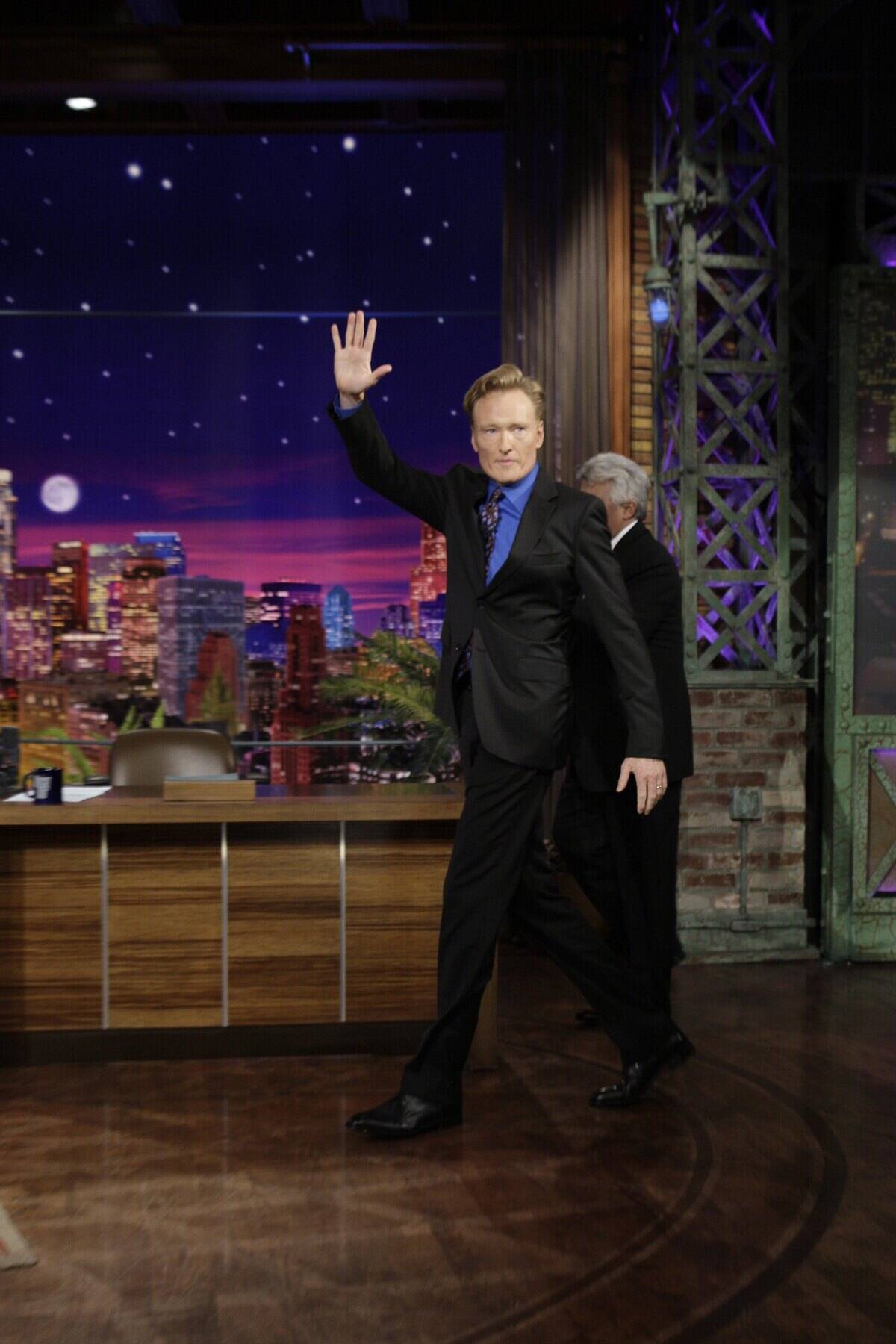
After its strong debut, O’Brien’s Tonight Show started to experience sagging numbers. While executives publicly backed him, they were expressing doubt behind the scenes at the perception that O’Brien wasn’t booking the right guests.
Things further soured when NBC pushed O’Brien to book politician Sarah Palin on the show after she’d been skewered in a joke by David Letterman. O’Brien saw the move as pandering and refused to book Palin.
Leno’s program was lukewarm.
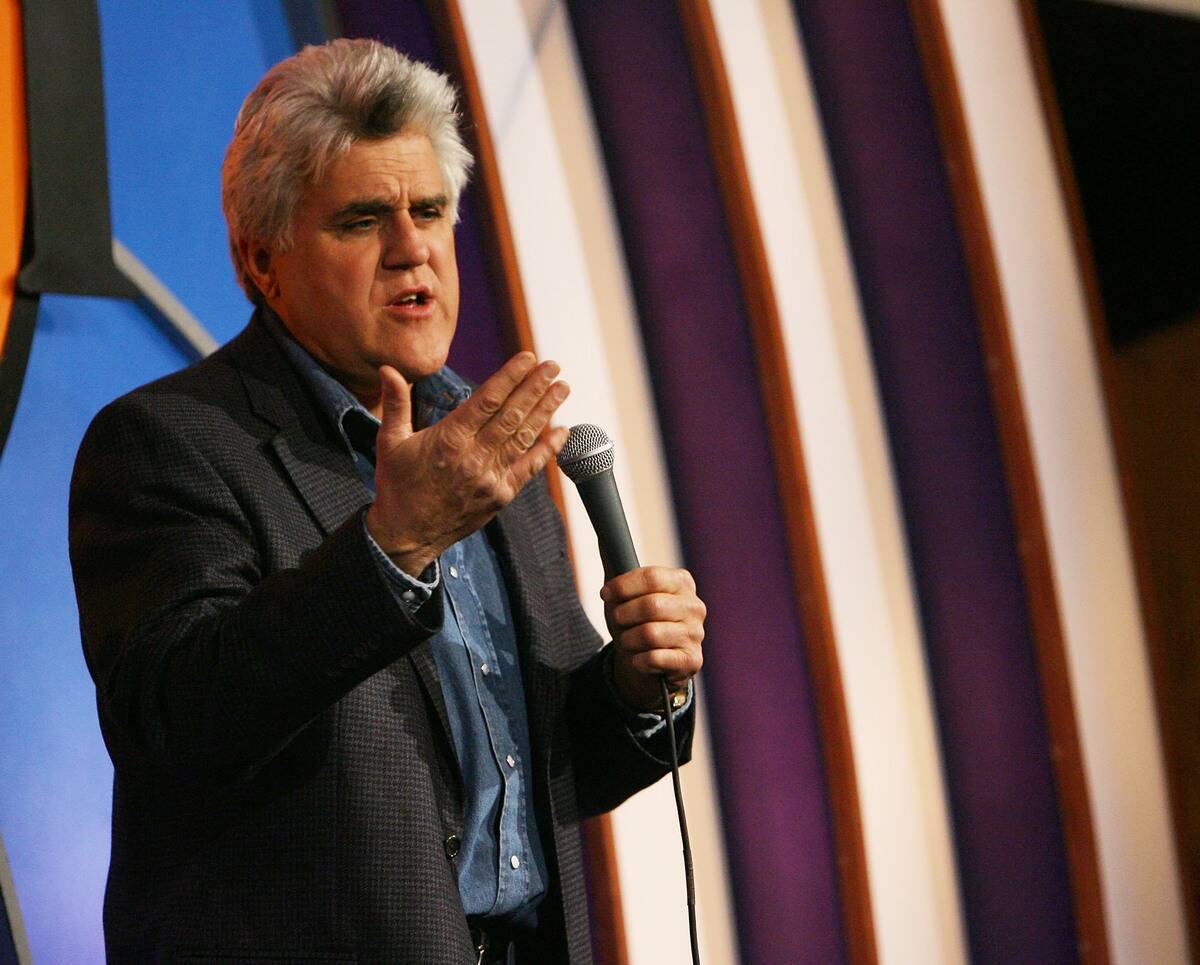
The Jay Leno Show started out strong, with 17.7 million viewers watching its debut. However, those numbers fell dramatically in its second week, as the 10 PM program started airing against season premieres.
Soon, both O’Brien and Leno were losing in the ratings to Letterman, causing affiliates to complain and creating a ripple effect that hurt viewership not just across the two programs, but also for local news from affiliates, which tended to air in between Leno and O’Brien.
NBC proposed big changes.
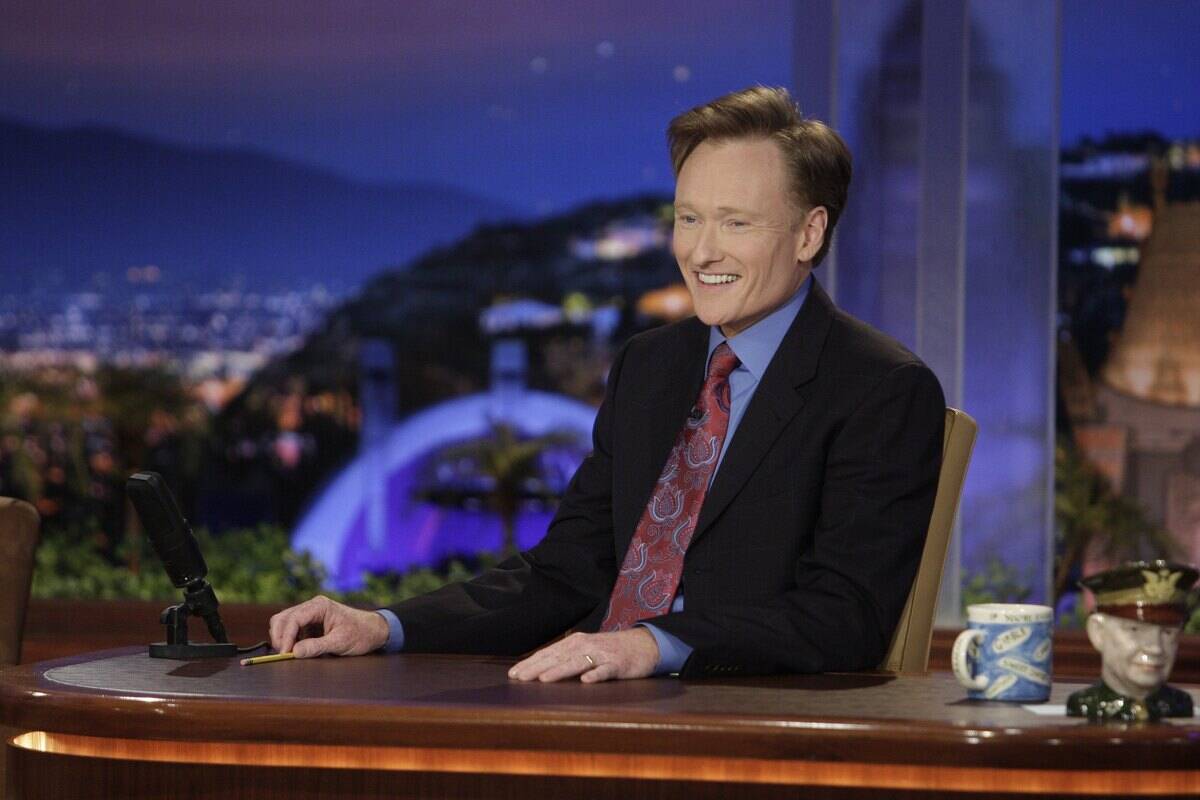
Seeking a solution, NBC executives decided to keep both shows, but move Leno to the prime 11:35 PM start time and push O’Brien to the later slot. Leno was amenable to the plan as it would essentially restore his status in the late-night world, but O’Brien — understandably — resisted.
In a statement, O’Brien pointed out that the move would push the venerable show to the following day, as it wouldn’t air until after midnight, but would also be unfair to Jimmy Fallon, as it would push his show to an even later timeslot.
O’Brien decided to call it quits.

O’Brien’s press release concluded with the revelation that not only would he not accept the change, but that he’d leave NBC altogether. Later, on his show, O’Brien said, “I just want to say to the kids out there watching, you can do anything you want in life — unless Jay Leno wants to do it, too.”
Public reaction to the drama tended to favor O’Brien, who was generally more popular with the younger, more internet-savvy demographic. Leno was seen as someone who was unwilling to graciously give up the spotlight.
O’Brien’s treatment spawned a public movement.
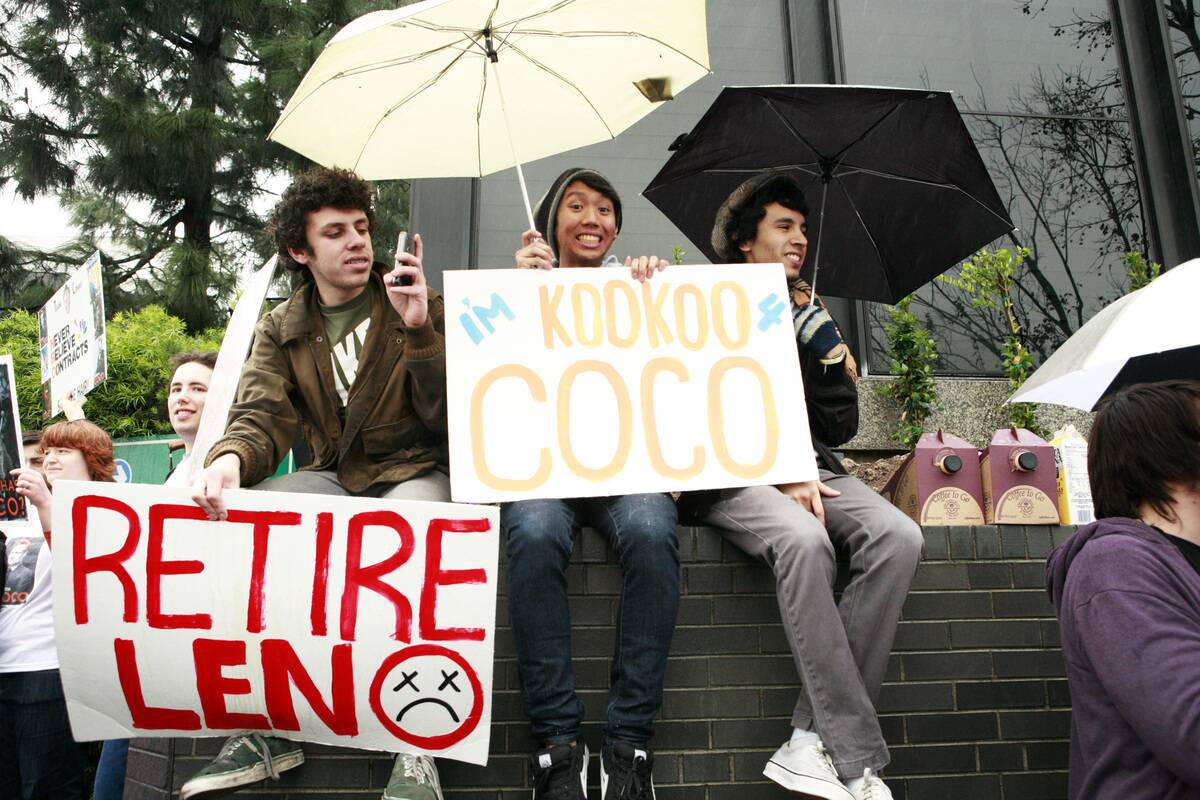
A grassroots “I’m with Coco” movement emerged from the drama, complete with a poster that resembled Barack Obama’s iconic “Hope” poster. At one rally, held outside the Tonight Show studio, O’Brien appeared and gave the crowd free pizza.
While O’Brien enjoyed the adulation, Leno endured criticism for his role in the drama, with fellow comedians and critics alike targeting Leno.
Leno became a late night gag.
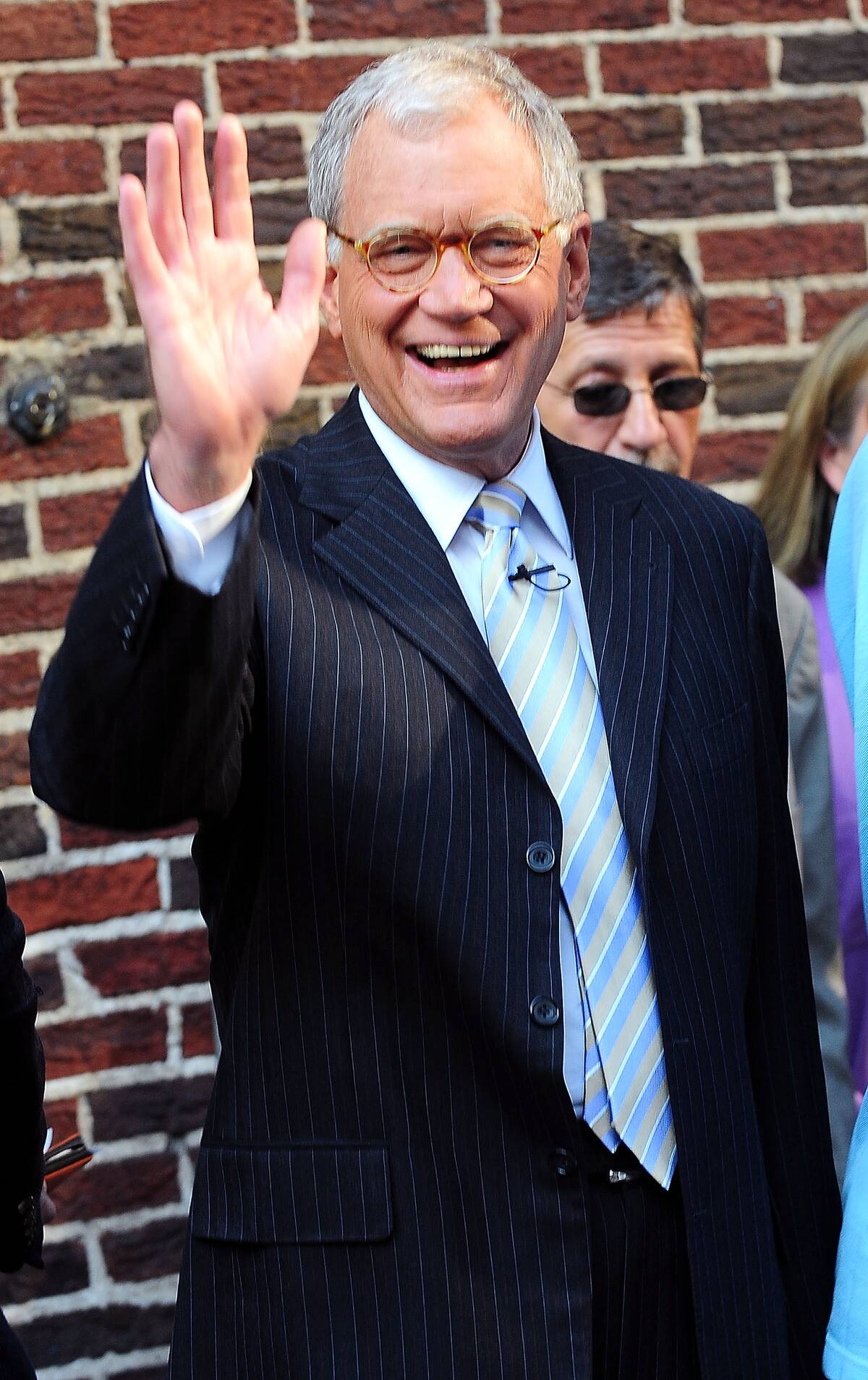
Leno attempted to offset his backroom maneuvering with a respectable presence on TV, urging his audience to be supportive and to “not blame Conan.”
His rival, David Letterman, gleefully weighed in on his own show, saying, “In the thousands and thousands of words that have been printed about this mess, who has blamed Conan? No one!” Letterman added that there was just one reason that he kept dunking on Leno for the drama: That he was “really enjoying it.”
Other hosts jumped on the bandwagon.
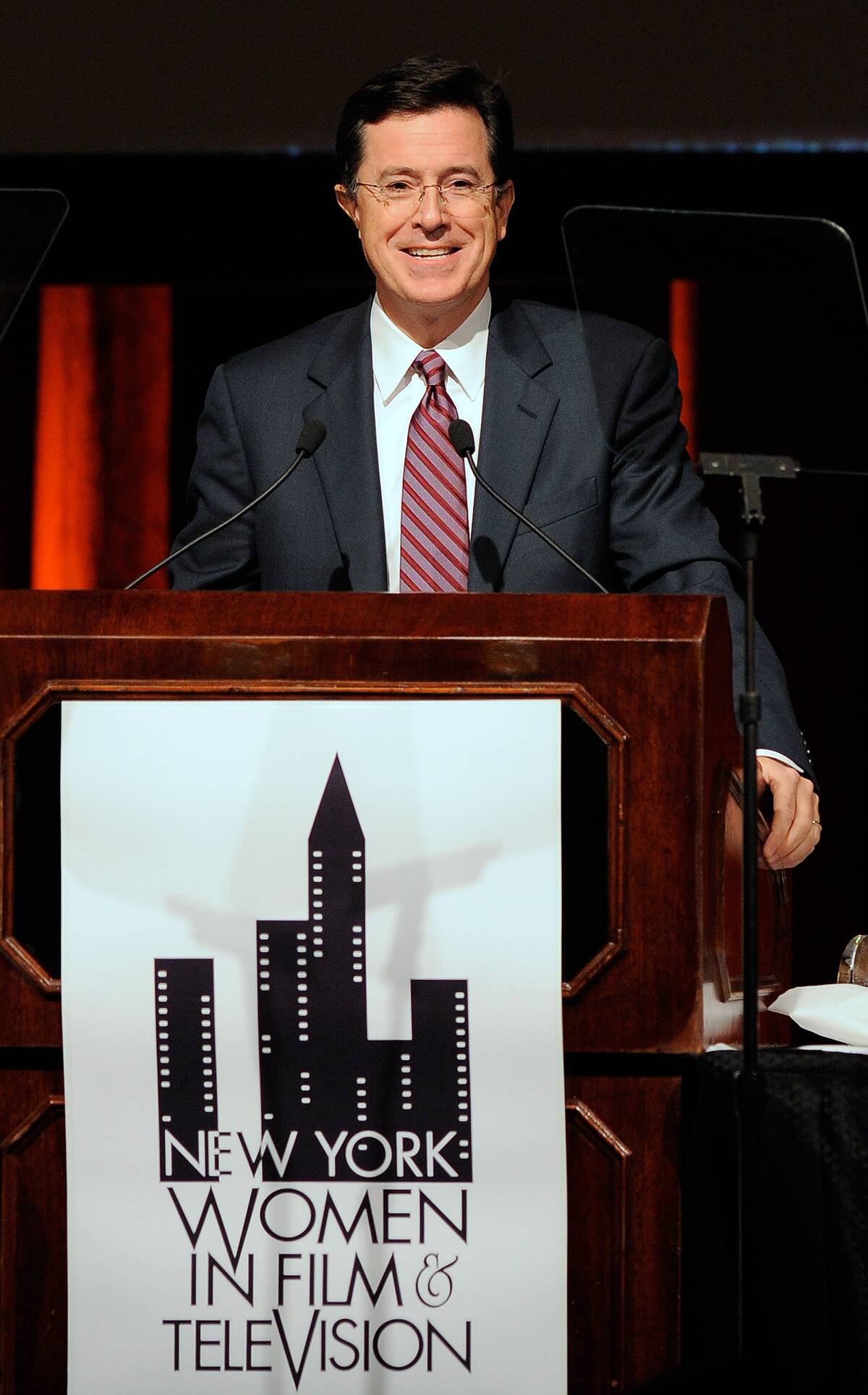
Stephen Colbert of The Colbert Report poked fun at Leno relinquishing the 11:35 slot, only to take it back. On Jimmy Kimmel Live!, the host went a step further by wearing a gray wig and chin prosthetic to mock Leno.
Through all of this, the only late night host who remained neutral was Jimmy Fallon, who explained that he idolized both O’Brien and Leno and didn’t want to pick a side.
In the end, Leno’s show was restored and O’Brien left NBC.
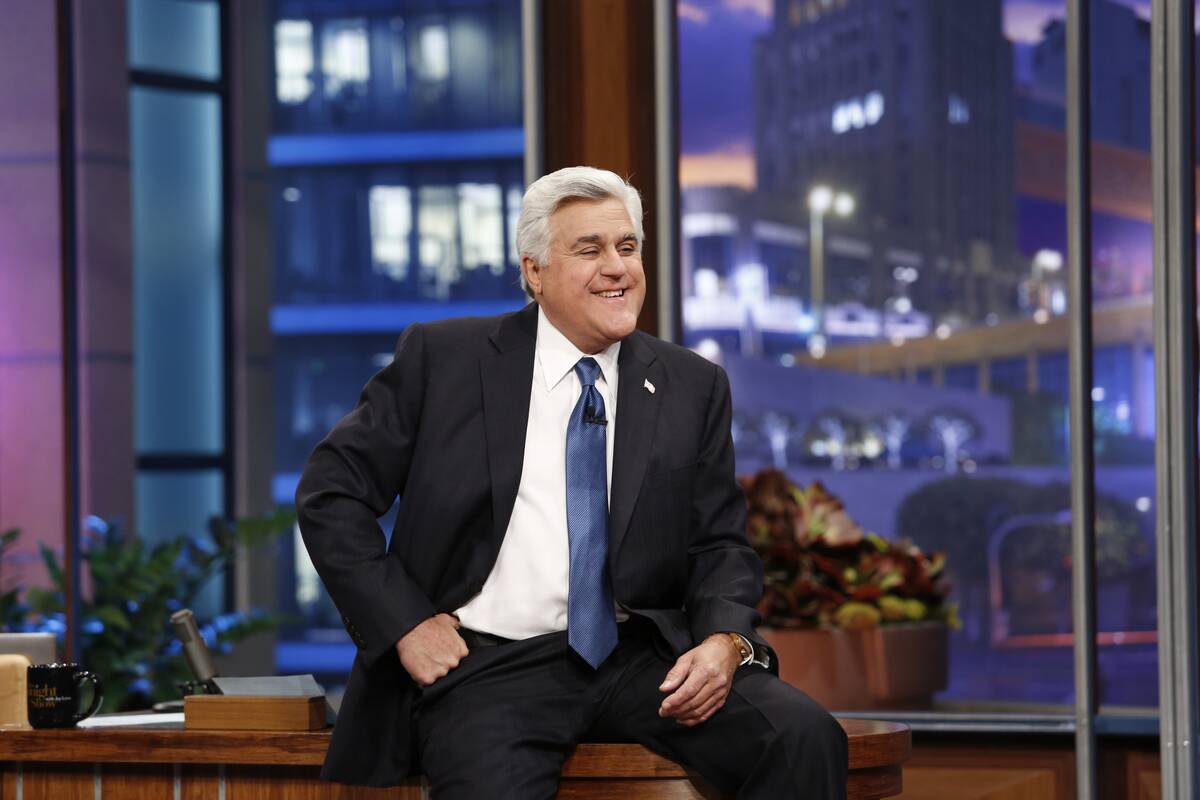
O’Brien and NBC eventually worked out a deal to reach a financial settlement and free him up to pursue work with a different network. His final show with NBC pulled in strong numbers, and his next gig came with TBS.
Since O’Brien had left the Tonight Show, there was no need for Leno to host his self-titled show anymore, and NBC simply moved him to his old role at the Tonight Show. He continued to pull strong ratings for several years to come.
It was a landmark moment in late night TV.
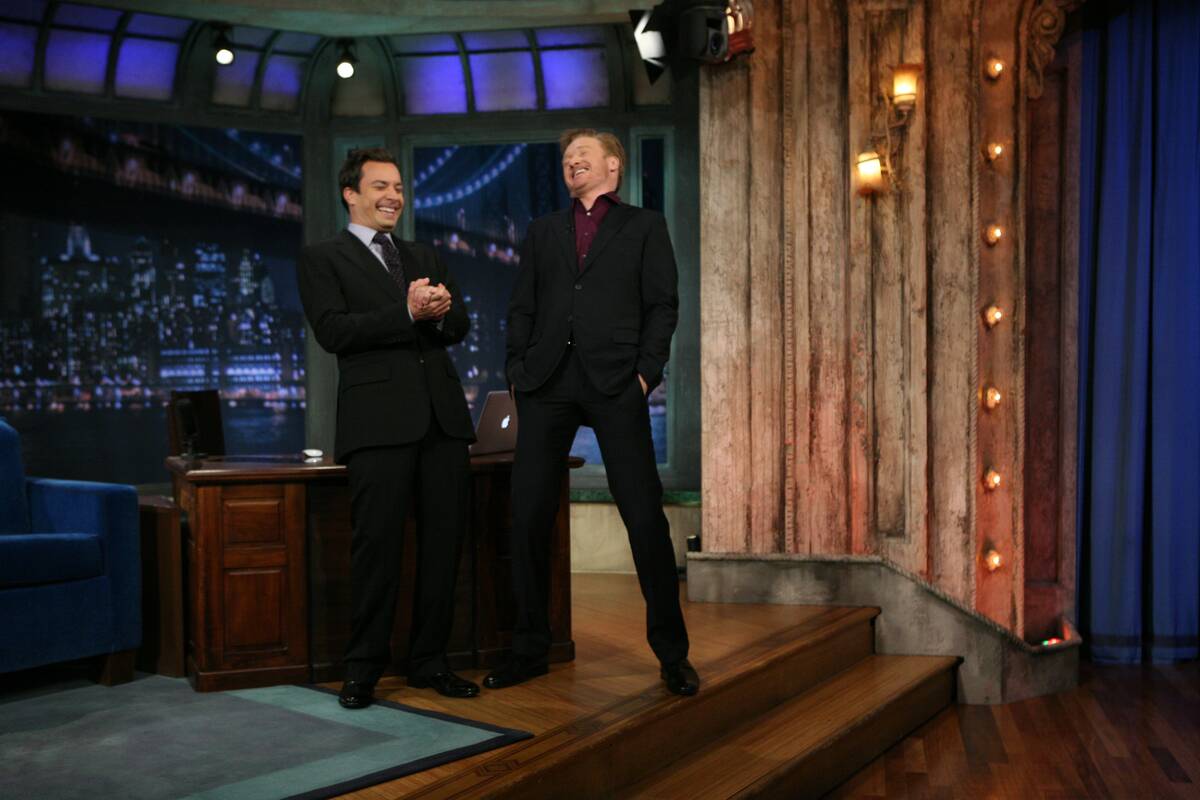
Late-night talk shows are often a source of drama, but the events seen in 2009 between Conan O’Brien and Jay Leno were on another level. While the dust eventually settled and both men went on to resume their success as late-night hosts, the drama exposed significant rifts in the world of late-night TV.
Leno and O’Brien have both referenced the fact that they’re not friends and likely never will be as a result of the conflict, but both have appeared — separately — as guests on The Tonight Show during Jimmy Fallon’s tenure as host.



